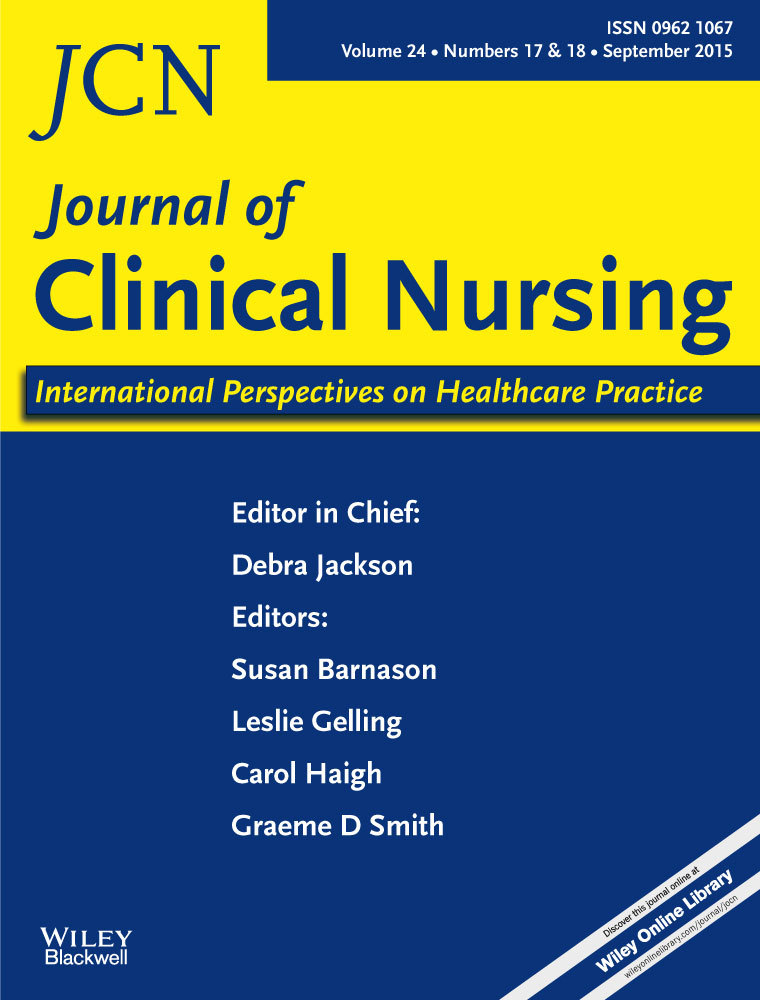Death attitudes and positive coping in Spanish nursing undergraduates: a cross-sectional and correlational study
Abstract
Aims and objectives
To analyse the relationship between death attitudes, emotional intelligence, resilience and self-esteem in a sample of nursing undergraduates.
Background
The death attitudes held by nursing students may influence the care they offer to end-of-life patients and their families. Emotional intelligence, resilience and self-esteem are important social and emotional competencies for coping positively with death and dying.
Design
Cross-sectional and correlational study.
Methods
Participants were 760 nursing undergraduates from four nursing schools in Spain. Data were collected in 2013–2014. The students responded anonymously to a self-report questionnaire that gathered socio-demographic data and which assessed the following aspects: fear of death (Collett-Lester Fear of Death Scale), death anxiety (Death Anxiety Inventory-Revised), perceived emotional intelligence (Trait Meta-Mood Scale, with its three dimensions: attention, clarity and repair), resilience (Brief Resilient Coping Scale) and self-esteem (Rosenberg Self-Esteem Scale). In addition to descriptive statistics, analyses of variance, mean differences, correlations and regression analyses were computed.
Results
Linear regression analysis indicated that attention to feelings, resilience and self-esteem are the significant predictors of death anxiety.
Conclusions
The results show that death anxiety and fear of death are modulated by social and emotional competencies associated with positive coping.
Relevance to clinical practice
The training offered to future nurses should include not only scientific knowledge and technical skills but also strategies for developing social and emotional competencies. In this way, they will be better equipped to cope positively and constructively with the suffering and death they encounter at work, thus helping them to offer compassionate patient-centred care and minimising the distress they experience in the process.




